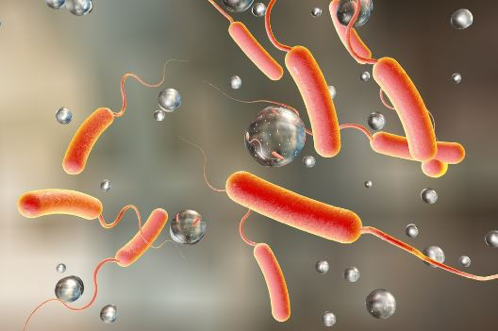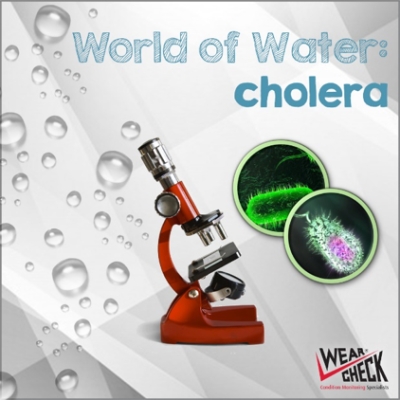Cholera is the acute diarrhoeal infection caused by the ingestion of food or water that is contaminated with the bacteria called vibrio cholerae.
The infection can cause severe watery diarrhoea. It takes between 12 hours and five days for a person to show symptoms after ingesting contaminated food or water. The bacteria infect adults and children and can kill within hours if not treated.
How is cholera transmitted?
Cholera can be transmitted by ingestion of contaminated food or water. Sudden large outbreaks are usually caused by a contaminated water supply. Outbreaks and sporadic cases are often attributed to raw and undercooked seafood.

What are the symptoms of cholera?
- Profuse watery diarrhoea
- Vomiting
- Thirst
- Leg cramps
- Restlessness and irritability
- Dehydration
- Rapid heart rate
- Muscle cramps
Please note that many people do not develop symptoms, even though the bacteria are in their faeces for several days after infection, and are shed back into the environment – potentially affecting others. Young children can develop severe symptoms due to immature immune systems and under-developed immunity to a wide variety of common germs.
How do you prevent cholera?
- If you suspect that the water is not safe, treat it with chlorine/bleach products, boil it or filter it.
- Wash your hands often with soap and safe water.
- Use the toilet to get rid of faeces safely. It is important to teach young children the importance of using a toilet instead of defecating near a water source in the open.
- If at all possible, avoid travelling to areas or places with active cholera transmissions.
The WearCheck family has grown with the recent acquisition of Set Point Water Laboratories. Incorporating these specialised water analysis skills into our business, means we can offer our clients diverse testing and analysis options. To learn more about our water analysis services, click here: https://www.wearcheck.co.za/testing-analysis-water.

